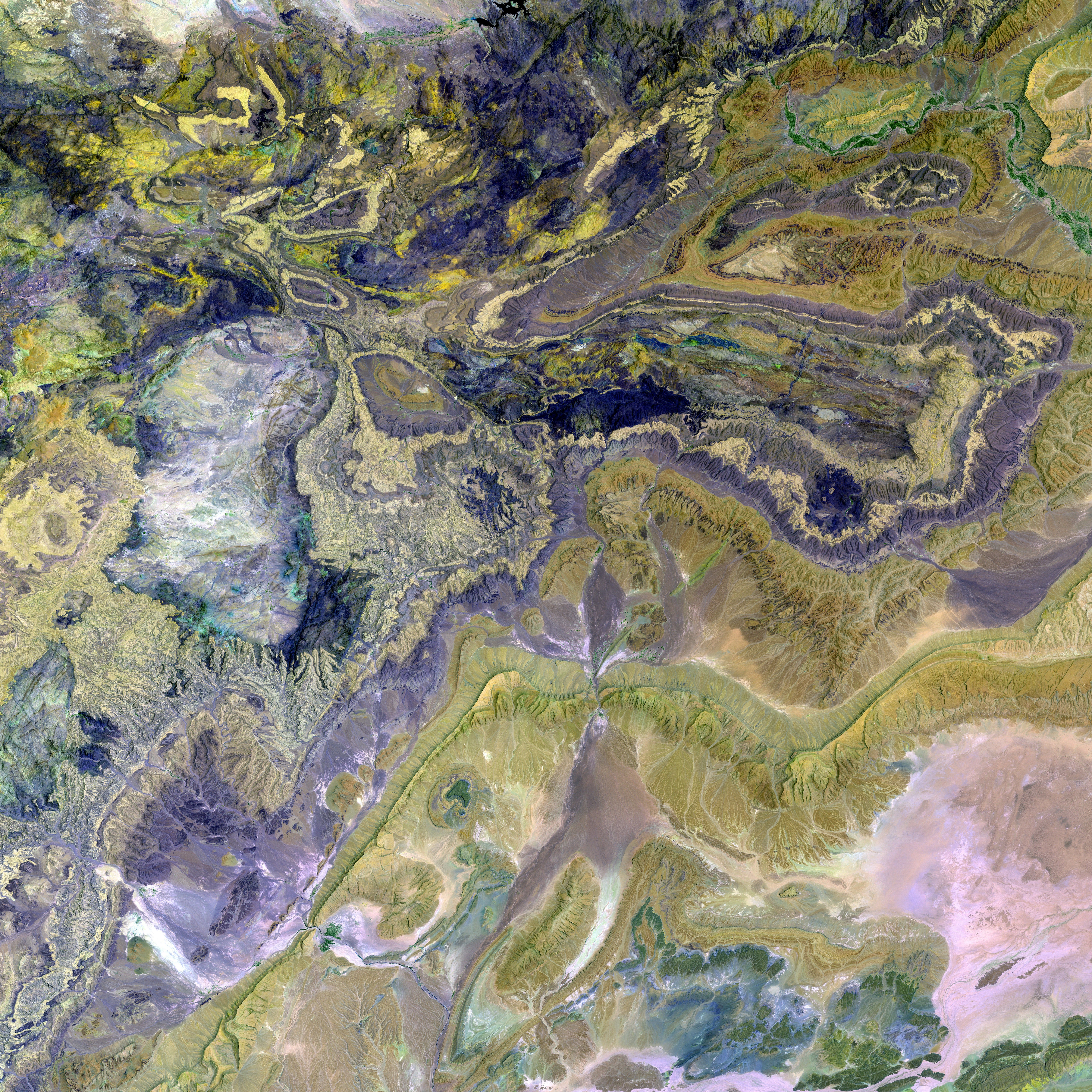Title: Demystifying the Digital Economy: A Look into Creator Revenues and Ethics
By a Modern Wordsmith: Henry Chandonnet
Crash in NFT Market leaves Brands Financially Struggling
Henry Chandonnet, a renowned digital culture analyst, often illuminates the ever-changing creator ecosystem through his commentary. One of his most celebrated works was an insightful piece for Fast Company that examined how digital platforms jockey for the creator's main earnings. He pondered on the intriguing themes shaping content production and monetization in the digital realm[2].
Aside from this, Chandonnet's voice has been heard in conversations focusing on fair collaboration, ethical considerations, and balanced representation, as hinted in a recent citation regarding Wikipedia's future state in 2025[1].
Further research reveals that Chandonnet is a contemporary voice on digital media landscapes, creator economies, and collaborative ethics. However, a more comprehensive list of his works or a detailed biography remains elusive in the search results available.
Now, let's delve into some key elements that Henry Chandonnet has spotlighted in his analysis:
Digital Platforms as Creator's Prime Revenue Stream
In a world where the internet is ubiquitous, the competition among digital platforms to serve as creators' primary revenue sources is fierce. By understanding the dynamics shaping content creation and monetization, one can grasp the ever-evolving digital economy.
Chandonnet expounds on this topic in his Fast Company piece, highlighting several factors such as algorithms, community engagement, and alternative monetization methods[2]. Aspects like these have a significant impact on how creators receive their income and influence the future of the digital creator economy.
Ethics in Collaborative Frameworks
At the heart of digital collaboration lies a delicate balance of ethical considerations and equitable representation. Contemporary debates in this area focus on the need for fair practices and equitable participation in collaborative efforts. Chandonnet's recent citation related to Wikipedia's future operation in 2025 reflects these ongoing discussions[1].
The concept of digital collaboration is a challenging and complex issue that requires continued conversation and reflection. As we navigate this unchartered territory, it's essential to prioritize ethical frameworks that ensure the success of all parties involved, enabling a sustainable and thriving creator ecosystem.
In conclusion, Henry Chandonnet's contributions to the digital sphere have brought light to crucial aspects of content creation, monetization, and collaboration. While his body of work may be extensive, his focus on digital media, creator economies, and collaboration ethics remains his key legacy. As we move forward, it's crucial to continue these important discussions and ensure a brighter future for creators and the digital economy as a whole.
In his analysis, Henry Chandonnet explores the digital platforms as primary revenue streams for creators, delving into factors such as algorithms, community engagement, and alternative monetization methods. This understanding of content creation and monetization dynamics is crucial to comprehend the ever-evolving digital economy [2].
Furthermore, Chandonnet discusses the importance of ethics in collaborative frameworks, emphasizing the need for fair practices and equitable participation in collaborative efforts. His recent citation regarding Wikipedia's future state in 2025 reflects ongoing debates about ethical considerations and balanced representation in digital collaborations [1].






